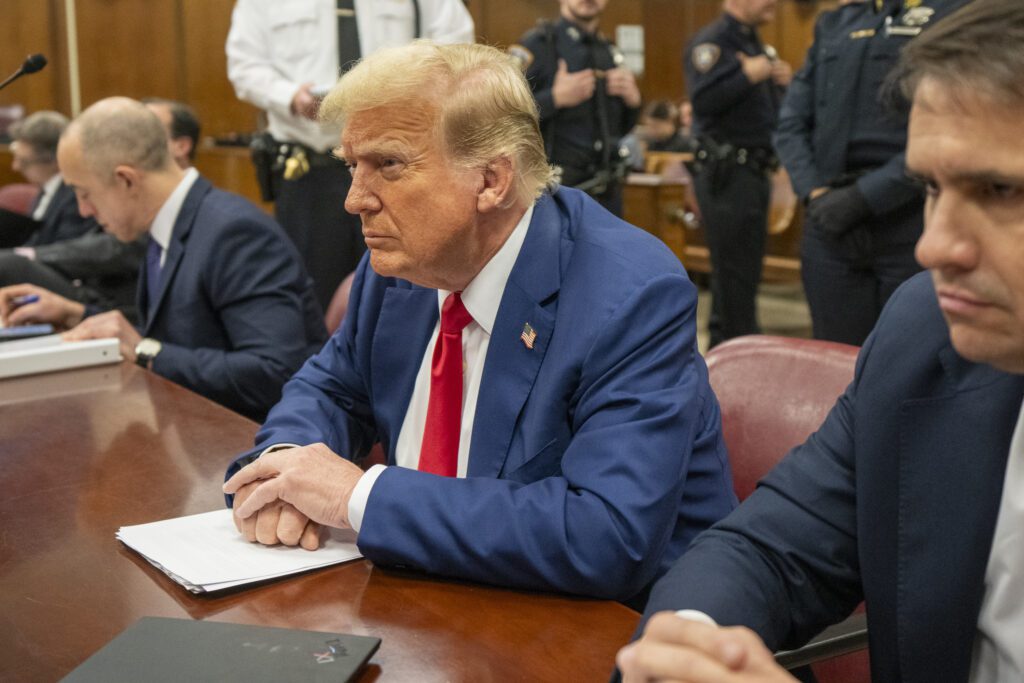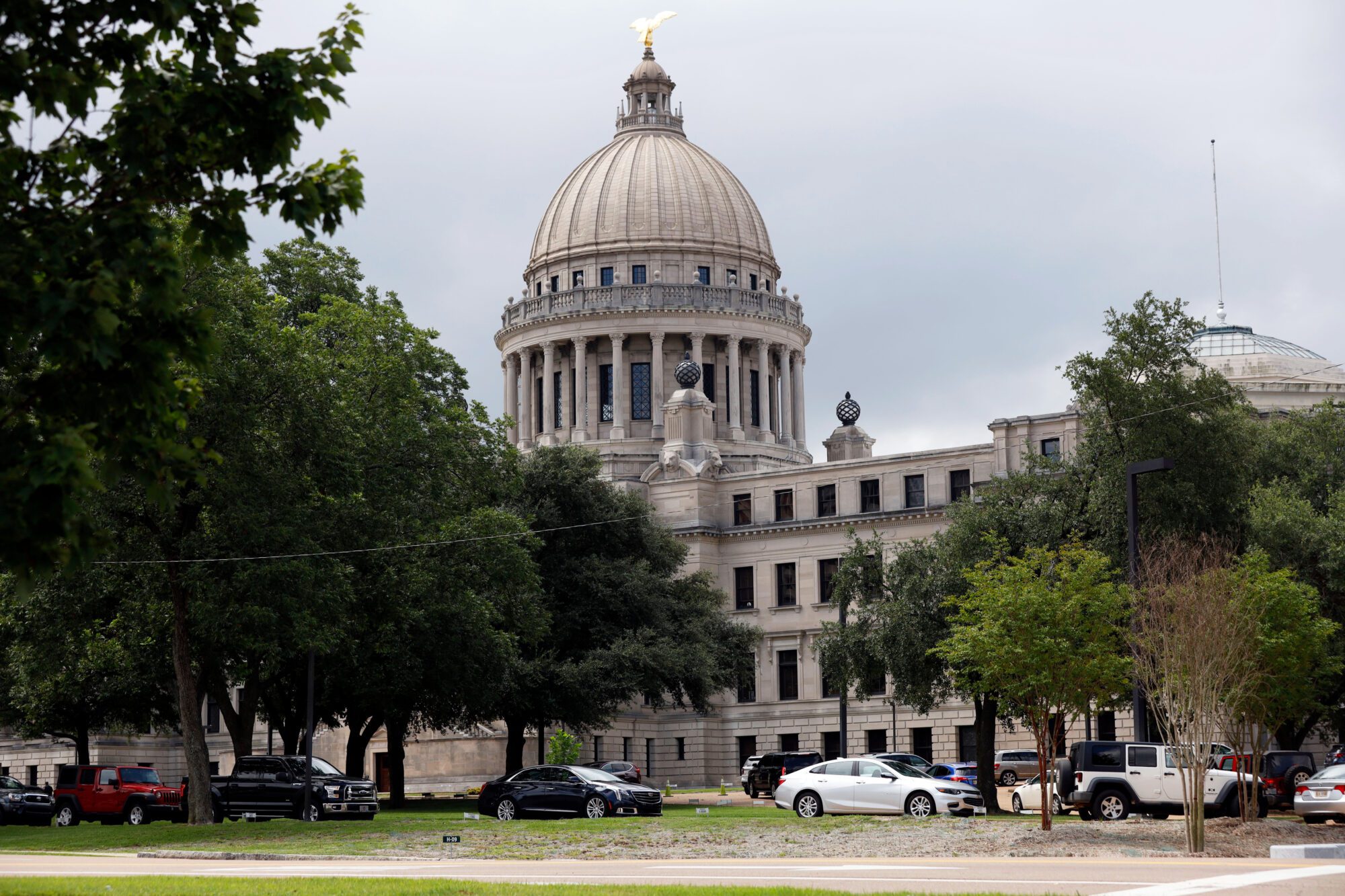
FILE - (AP Photo/Rogelio V. Solis, File)
- Magnolia Tribune brings you the first Bill of the Day for the 2025 Mississippi legislative session that just may pique your interest.
In the 2024 session, the Republican supermajority Mississippi House of Representatives passed HB 1609 by a vote of 99-9 which would have automatically restored the right to vote to people who had been convicted of nonviolent disenfranchising felonies once they had completed their sentence.
Felons who would not have had their right to vote restored included those convicted of arson, bribery, perjury, armed robbery, carjacking, embezzlement if the value and/or amount involved is $5,000 or more, murder, rape, statutory rape, sexual battery, human trafficking or vote fraud.
That 2024 legislation died in the Senate.
Now, State Rep. Omeria Scott, a Jones County Democrat, is hoping to bring the effort back in her own way, attaching President-elect Donald Trump’s name to the legislation in a state that voted in support of his return to the White House by over 60 percent.

Rep. Scott has filed HB 61, titled the “Donald J. Trump Voting Rights Restoration Act.” Under her bill, any person convicted of a disenfranchising felony – except rape or murder – would have their voting rights automatically restored once satisfying all sentencing requirements.
Notably, Scott voted against the 2024 legislation.
Rep. Scott’s bill has been double referred to the House Judiciary B Committee as well as to the Apportionment and Elections Committee.
Felonies and Trump
President-elect Donald Trump was tried in New York last year and convicted in May on 34 counts of falsifying business records in a case involving a former attorney and the concealment of a $130,000 hush money payment to a porn actress.
Trump has called the legal actions “lawfare” and referred to the case as a “political witch hunt.” The former and future President has maintained his innocence throughout the trial and his sentencing last week.
On Friday, Judge Juan Merchan sentenced Trump to an unconditional discharge – avoiding prison, fines or probation – in the New York falsification of business records case. His conviction and sentencing officially means Trump will have felonies on his record.
READ MORE: Judge sentences Trump in hush money case but declines to impose any punishment
Trump, who now resides in Florida, will still be able to vote and hold federal office.
As the Associated Press reported, “For people convicted of felonies in other states — like Trump — Florida only makes a person ineligible to vote if they lost their voting rights in the state where they were convicted. New York doesn’t let a person convicted of a felony vote while they are incarcerated, but restores voting rights once that person is released.”
However, under federal law Trump will not be allowed to possess a firearm. He will also have to provide a DNA sample for the New York crime databank.

Mississippi and Felony Voting Rights
A majority of judges on the Fifth Circuit Court of Appeals ruled in July 2024 that Mississippi can continue to restrict voting rights from felons convicted of certain crimes, including some non-violent offenses.
The ruling cited the U.S. Supreme Court’s decision in 1974 that reaffirmed constitutional law allowing state lawmakers to disenfranchise felons.
A majority of the judges concurred that the decision to change the law regarding felon voting rights in the state should be done by legislators.
“Do the hard work of persuading your fellow citizens that the law should change,” wrote the Fifth Circuit majority, adding the change should not come by way of “judicial fiat.”
The dissenting judges called Mississippi’s law “an exceptionally severe penalty, constituting nothing short of the denial of the democratic core of American citizenship.” The judges in opposition called it a cruel and unusual punishment.
Currently, those convicted of one of 23 felony crimes lose the right to vote in Mississippi. Those crimes range from murder and rape to timber larceny and voter fraud.
The means of restoring a convicted felon’s right to vote in Mississippi comes either by way of a Governor’s pardon or through legislation passed by the state Legislature.











